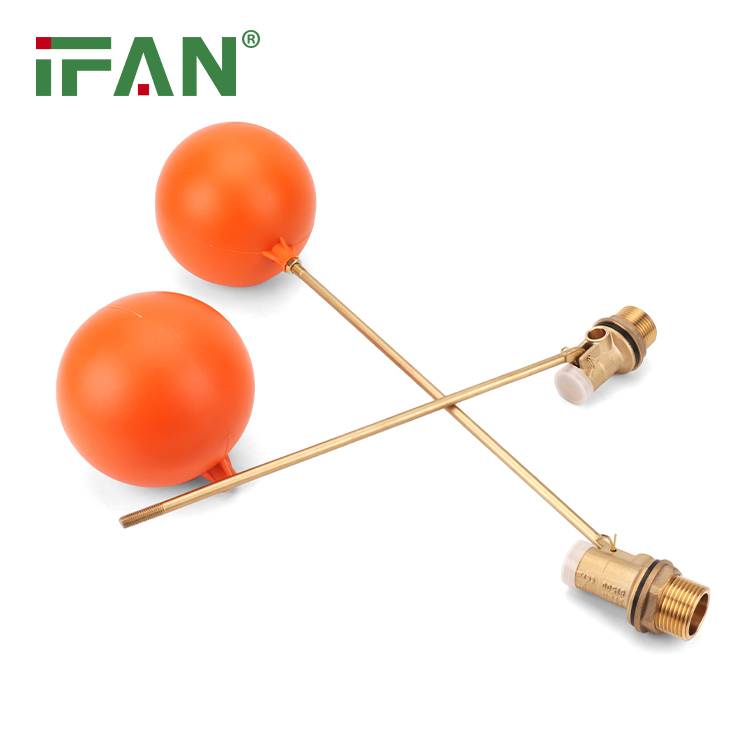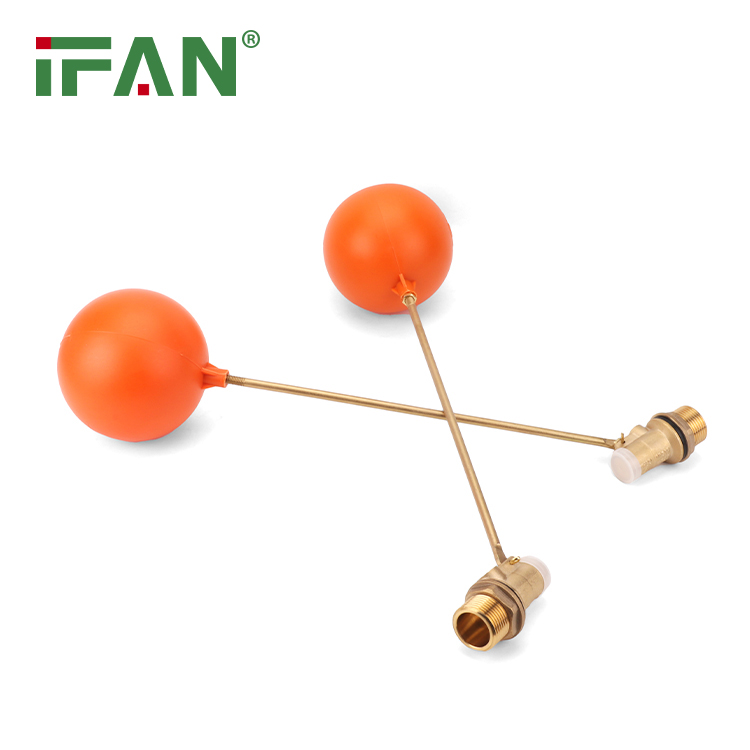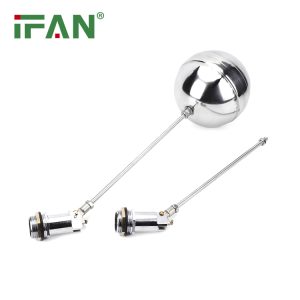Description
IFAN factory 30+ years manufacture experience support color /size customization support free sample.Welcome to consult for catalog and free samples.This is our Facebook Website:www.facebook.com,Click to watch IFAN’s product video.Compared with Tomex products, our IFAN products from quality to price are your best choice, welcome to buy!
Introduction to Float Ball Valves
Float ball valves are essential components in fluid control systems, serving as automatic devices that manage the flow of liquids in various applications. These valves consist of a ball or float mechanism that rises and falls with the liquid level, regulating the valve’s opening and closing functions. In the context of environmental protection, float ball valves play a crucial role by ensuring the safe and efficient management of water resources, waste management systems, and other fluid processes that impact the environment.
Water Resource Management
One of the primary applications of float ball valves is in water resource management. These valves are commonly used in reservoirs, water tanks, and cisterns to control the water level and prevent overflows. By maintaining a stable water level, float ball valves help in reducing water wastage and ensuring that the water supply remains consistent. This contributes to environmental sustainability by conserving water resources and preventing potential pollution caused by uncontrolled water discharges.

Wastewater Treatment Systems
In wastewater treatment facilities, float ball valves are integral to managing the flow of sewage and treated water. They help in regulating the levels in treatment tanks and preventing overflow, which could lead to contamination of surrounding environments. Properly functioning float ball valves ensure that wastewater treatment processes operate efficiently, thereby reducing the risk of environmental pollution and safeguarding public health. By controlling liquid levels and preventing spillage, these valves play a significant role in maintaining the integrity of wastewater management systems.
Industrial Processes and Environmental Compliance
Float ball valves are also vital in various industrial processes where environmental regulations are stringent. In industries such as chemical processing, oil and gas, and manufacturing, these valves help manage the flow of potentially hazardous fluids and ensure that they do not exceed safe levels. Compliance with environmental regulations often requires precise control of fluid levels to prevent leaks and spills that could harm ecosystems. Float ball valves contribute to this by providing reliable and automatic control, thereby helping industries adhere to environmental standards and reduce their ecological footprint.

Agricultural Irrigation Systems
In agricultural settings, float ball valves are employed in irrigation systems to optimize water usage. Efficient water management in agriculture not only enhances crop yield but also minimizes the environmental impact of irrigation. By controlling water levels in irrigation tanks and preventing overflow, float ball valves help in reducing water wastage and ensuring that water is used effectively. This results in better water conservation and contributes to sustainable agricultural practices that benefit the environment.
Future Innovations and Environmental Benefits
As technology advances, the design and functionality of float ball valves continue to evolve. Innovations in materials and engineering are enhancing the efficiency and durability of these valves, making them even more effective in environmental protection. Future developments may include smart float ball valves with sensors and automated controls that offer improved accuracy and real-time monitoring. Such advancements promise to further enhance the role of float ball valves in environmental protection by providing more precise management of fluid systems and contributing to overall sustainability efforts.
Conclusion
Float ball valves are indispensable in various applications where fluid management intersects with environmental protection. From water resource conservation and wastewater treatment to industrial compliance and agricultural efficiency, these valves play a significant role in safeguarding the environment. As technology progresses, their contribution to environmental sustainability is expected to grow, underscoring the importance of these devices in maintaining ecological balance and promoting responsible resource management.
Related products





